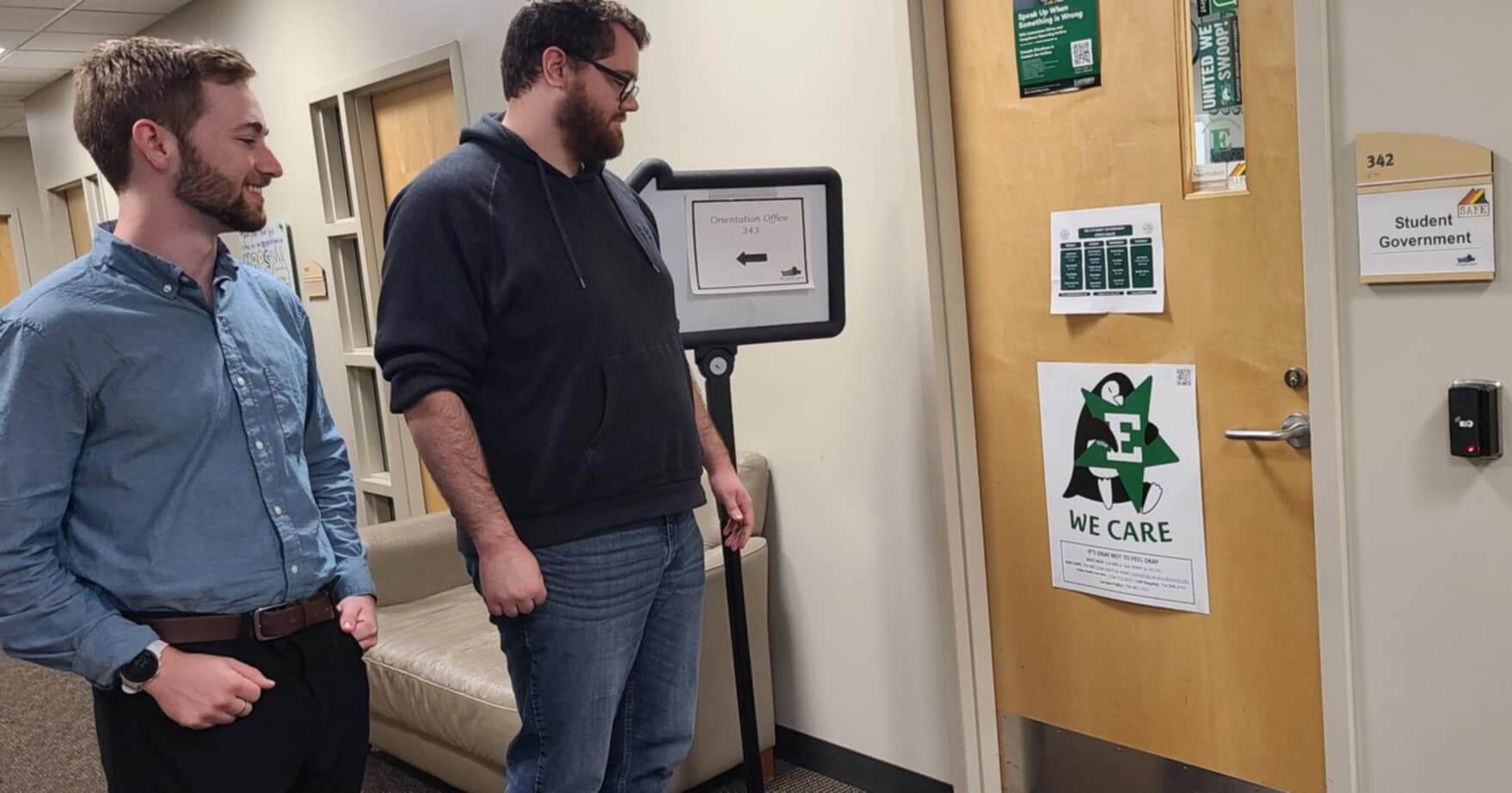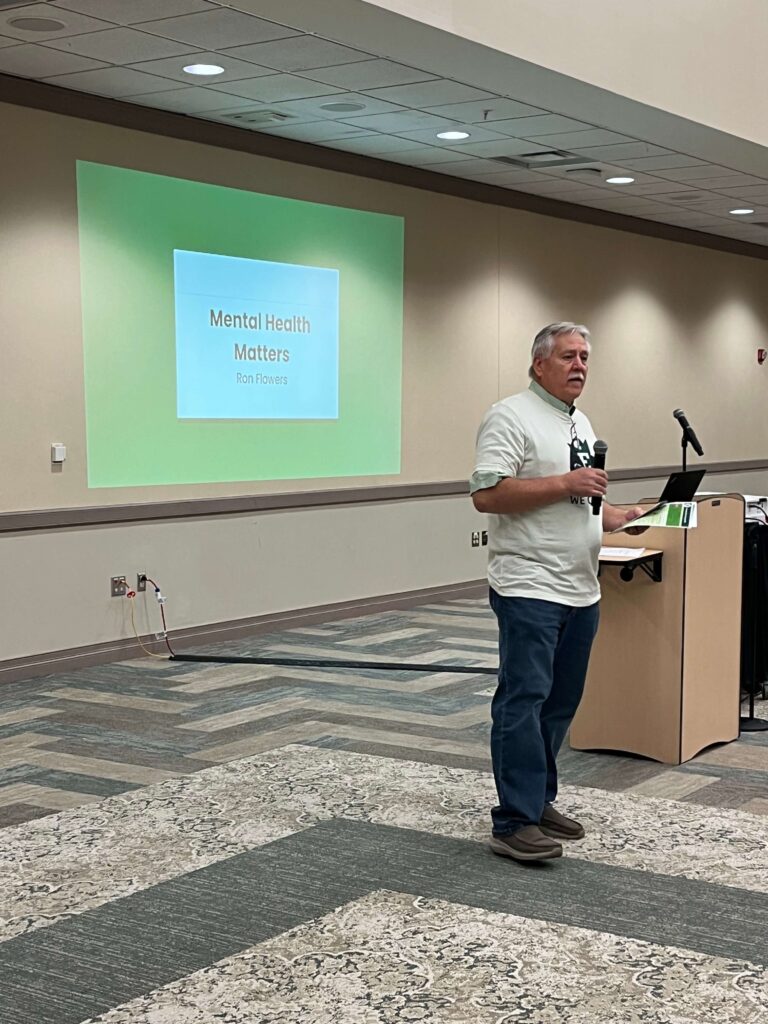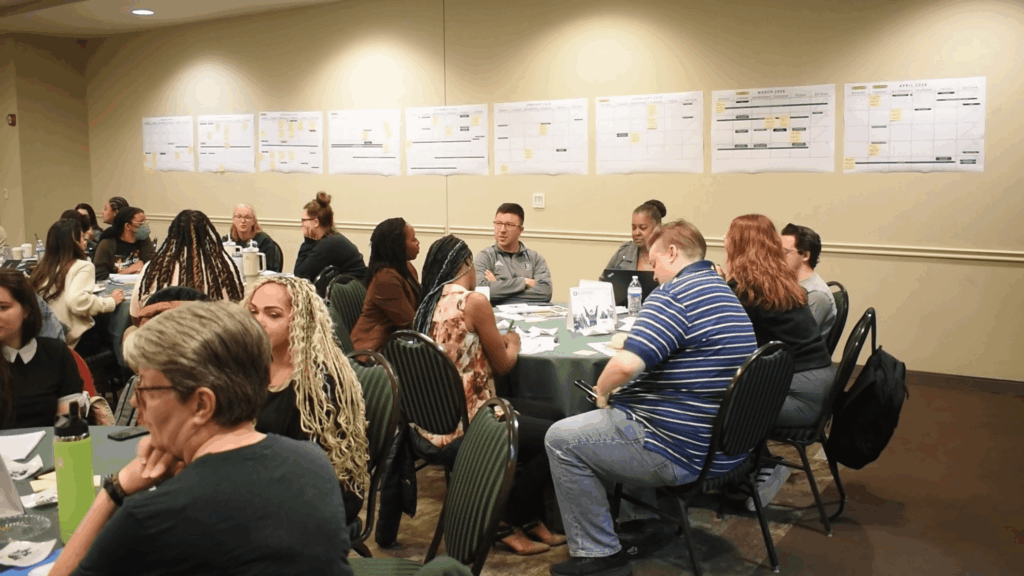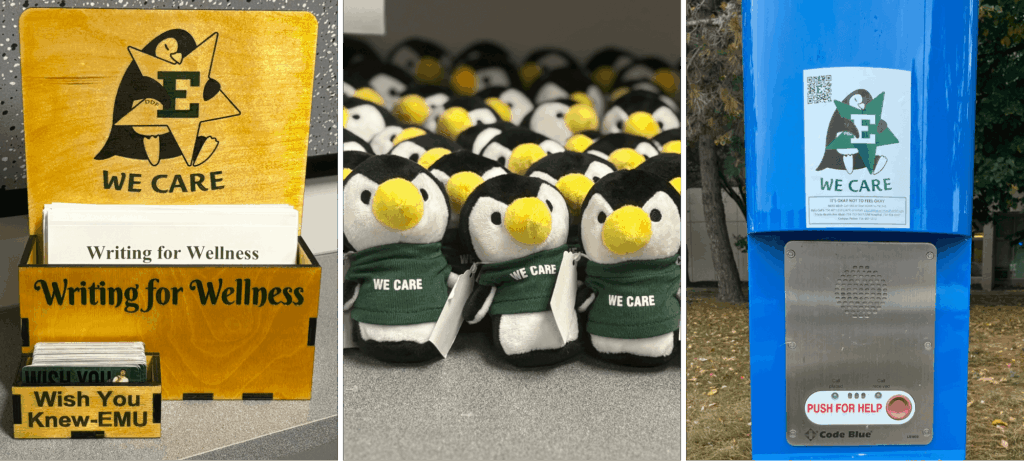What a Mother Learned After Losing Her Son to Suicide
The first item in their new house was a brown little army guy that Joey placed on top of a motion detector to keep everyone ...

The loss of his son to suicide in 2022 left Ronald Flowers, a professor of Leadership and Counseling at Eastern Michigan University (EMU), reeling and searching for answers. “I wouldn’t wish this tragedy on anybody,” he said.
Support from colleagues came quickly, and with it, a campus-wide movement to promote mental health, guided by The Jed Foundation (JED).
“Right after, the Provost — a longtime friend — asked me, ‘What do you need? How can we support you?’” Flowers recalled.
That moment set EMU on a new path.
Within weeks, Flowers and colleagues launched a campus-wide task force on mental health. When the call for volunteers went out, more than 30 faculty members signed up in a single day.
“Normally, it’s like pulling teeth to get people to serve on committees,” he says. “This was different.”

With JED’s support, the first step was to survey students, faculty, and staff.
“Some questions were challenging to answer,” Flowers says. “Others were illuminating — things we’d never thought about before. It made us realize how much we didn’t know.”
Faculty and staff saw both strengths and gaps as they worked through JED’s comprehensive assessment, a structured process that looks at four key areas: how students are supported in building resilience and life skills, whether early signs of distress are being noticed, how available and accessible clinical services are, and how safe the campus environment feels.
There was strong crisis intervention, but weaker support for everyday stress and anxiety. “The question became, How do we keep them on the thriving side?” Flowers said.
Instead of producing another report, the group set out to act.

The task force now has 27 members: faculty, staff, service providers, and students. Guided by JED’s approach, they work in subgroups, each choosing one or two goals for the year.
Instead of letting the scale of the problem overwhelm them, EMU broke the work into achievable pieces.
Among those steps:
“Lots of little things, cumulative in their effect. And then big things start to happen,” Flowers says.

Flowers knew that for the work to be most effective, students would have to build it with them, a priority built into JED’s model.
The student government meets regularly with the task force. Undergraduates have produced short videos that walk their peers through the counseling center and food pantry, making it easier — and less intimidating — to use those resources.
Student workers also helped design the new mental health website and app so that it feels approachable rather than bureaucratic.
For Kati Lebioda, Assistant Professor of Leadership and Counseling at EMU, said the effort has also reshaped her own early career. “I’ve only been here a year, but I already feel so deeply ingrained in the campus community,” she says.
EMU calls itself an “institution of opportunity.”
“Providing opportunity means more than admission,” Flowers says. “It means supporting students so they can thrive once they’re here.”
Today, EMU’s efforts are visible in classrooms, student centers, and even police patrols.
The work has changed how the university sees itself — not just as a place of access, but as a community of care. “If it helps even one student stay, even one family avoid what mine went through,” Flowers says, “it’s enough.”
Learn more about bringing JED to your campus, or donate to help JED bring its lifesaving work to more young people nationwide.
If you or someone you know needs to talk to someone right now, text, call, or chat 988 for a free confidential conversation with a trained counselor 24/7.
You can also contact the Crisis Text Line by texting HOME to 741-741.
If this is a medical emergency or if there is immediate danger of harm, call 911 and explain that you need support for a mental health crisis.